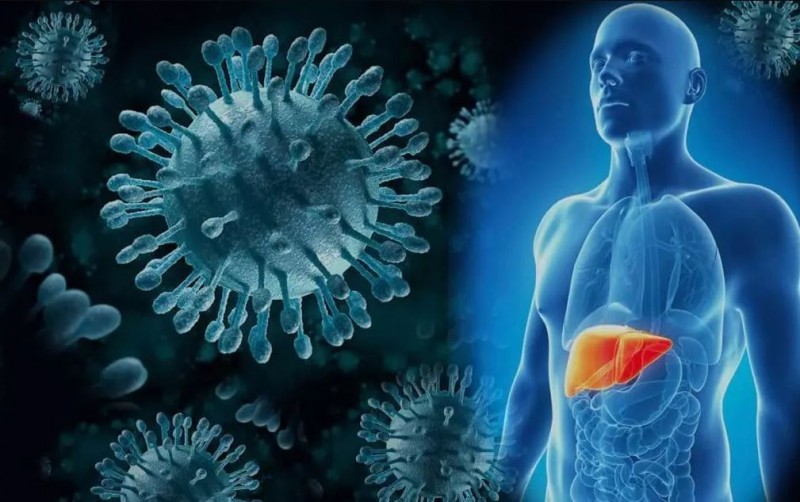
Hepatitis A is a viral infection that affects the liver, causing inflammation and potentially leading to a range of health issues. This article dives into the details of Hepatitis A, its transmission, symptoms, risks, prevention, and more. By the end, you'll have a clear understanding of just how dangerous this virus can be and what steps you can take to protect yourself.
Hepatitis A is a contagious liver infection caused by the Hepatitis A virus. Unlike Hepatitis B and C, Hepatitis A typically doesn't lead to chronic or long-term liver disease. However, it can cause severe symptoms and complications, especially in older adults and individuals with compromised immune systems.
The virus is usually spread through the consumption of contaminated food or water. Poor sanitation and hygiene practices, such as inadequate handwashing after using the restroom, can contribute to its transmission. Additionally, close personal contact with an infected individual can also lead to the spread of the virus.
Symptoms of Hepatitis A can vary widely, ranging from mild to severe. Common symptoms include fatigue, nausea, abdominal pain, fever, and jaundice (yellowing of the skin and eyes). While some people might not show any symptoms, others can experience debilitating effects that hinder their daily activities.
In most cases, Hepatitis A doesn't result in long-term liver damage. However, severe infections can lead to acute liver failure, which can be life-threatening. Proper medical care is crucial to prevent complications and ensure a full recovery.
Hepatitis A can affect anyone, but certain groups are at a higher risk. Travelers to regions with poor sanitation, men who have sex with men, individuals using injection or recreational drugs, and those with chronic liver conditions should take extra precautions to avoid exposure.
Doctors can diagnose Hepatitis A through blood tests that detect specific antibodies. Medical professionals will assess the severity of the infection and recommend appropriate treatment based on the patient's condition.
There is no specific treatment for Hepatitis A. Rest, proper nutrition, and staying hydrated are essential for recovery. Most people with Hepatitis A will recover without long-term effects.
Preventing Hepatitis A involves practicing good hygiene, including thorough handwashing, especially after using the restroom and before eating. Avoiding consumption of raw or undercooked shellfish and contaminated water is also crucial.
Vaccination is the most effective way to prevent Hepatitis A. The vaccine is safe, highly effective, and recommended for all children and adults, particularly those at higher risk.
Maintaining proper sanitation and hygiene, both individually and within communities, plays a significant role in preventing the spread of Hepatitis A. Access to clean water and adequate waste disposal are key factors in reducing transmission.
Travelers should be aware of the potential risks of Hepatitis A in their destination and take appropriate precautions. Consult a healthcare provider before traveling to areas with higher rates of Hepatitis A.
Hepatitis A outbreaks can occur in communities, often linked to contaminated food or water sources. Public health measures, including vaccination campaigns and educational initiatives, are crucial for controlling outbreaks.
Hepatitis A differs from Hepatitis B and C in terms of transmission, severity, and long-term consequences. Understanding these differences is important for prevention and treatment strategies.
There are various misconceptions about Hepatitis A, including its transmission, symptoms, and severity. Dispelling these myths is essential for accurate public awareness.
In conclusion, while Hepatitis A can be a serious infection with potentially severe symptoms, it's largely preventable through vaccination and practicing good hygiene. By staying informed and taking appropriate precautions, you can significantly reduce your risk of contracting and spreading this virus.
Diabetes and Stress: Understanding the Underlying Connection
Navigating the Challenges of COVID-19 Variants: Global Insights
Beat the Heat: How Car Air Conditioning Enhances Your Long Road Travel